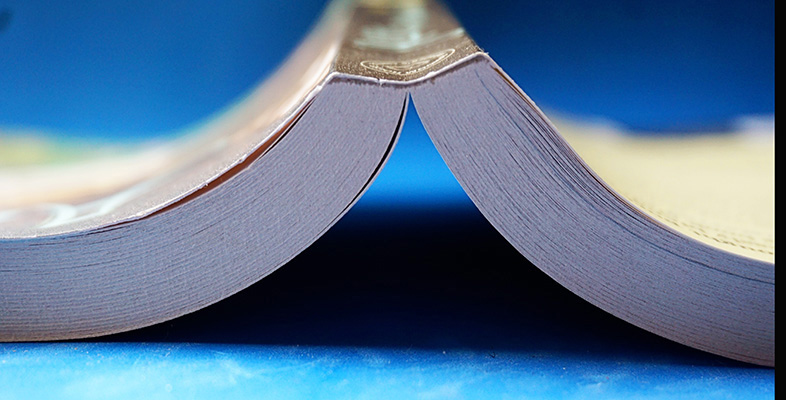2.3.5 History
The census of 1911, the year of MacLean's birth, recorded 200,000 speakers of Scottish Gaelic. Fifty years later, the number had dropped to 81,000. If MacLean's vision is frequently pessimistic, this must surely derive at least in part from the dwindling of the culture and language to which he had committed himself as poet.
Please now read ‘A Highland Woman’.
Click to view the poem ‘Highland Woman [Tip: hold Ctrl and click a link to open it in a new tab. (Hide tip)] ’
The anonymous woman is symbolic of Gaelic history. The view of Jesus here has to be understood in relation to MacLean's view of the role of Christianity in that history. Ministers preached acceptance, on earth, of poverty, of tyrannous landlordism, of Clearances, of mass emigration. It was as if their Christ had seen only the poor of ancient Palestine, and paid no heed to the living poor in the glens.
Please now read ‘The National Museum of Ireland’ below. It was written in 1970, and is the latest example of MacLean's work in our selection. Of this poem, MacLean explained that ‘A Gael, if he is at all a Gael, must love Ireland as well as Scotland’ and that he could ‘think of no famous soldier who embodies as much as Connolly does my ideals of Gaeldom, socialism, heroism and martyrdom’ (Bell, R. ed. 1989, The Best of Scottish Poetry, Chambers, p. 112).
Click to view the poem ‘The National Museum of Ireland’
The last stanza indicates that it is from the working-class poor that future heroes as great will come. His politics have remained, in essence, revolutionary: his view of history, consciously proletarian.
Please now read ‘Hallaig’ below. The epigraph is not a quotation but a free-standing line by MacLean himself. The many proper names in the poem are – or were once – full of associations for local people, but we cannot share these. All that we need to know is that Mac Gille Chaluim was the name conventionally given to the clan chiefs of the MacLeods of Raasay, an island just off the Isle of Skye. ‘Hallaig’ balances reality and vision, despair and hope. The first two lines, suggesting that the house on Raasay in which the poet himself grew up is now deserted, are at once opposed by two more asserting continuity through the image of the birch, embodying the Gaelic tradition which MacLean loves. ‘The Sabbath of the dead’ is a phrase merging vision with actuality. The utter peace and quiet of the strict Free Presbyterian Sunday is not simply a negative phenomenon, a denial of life. An emphatic, wonderful silence is created: broken only by muted convergence of black-coated figures on the churches. The Sabbath of the dead would be even more powerfully silent. The silence which is characteristic of present-day, deserted Hallaig elevates the poet's vision of lost community, consecrates it.
Click to view the poem ‘Hallaig’
What does the vision of lost community in ‘Hallaig’ share with the heroic image of Connolly in ‘The National Museum of Ireland’? And with that of the English soldier in ‘Heroes’ and that of the ‘Highland Woman’? I would suggest anti-elitism is the common factor. One could relate this to MacLean's preference for anonymous, orally-transmitted Gaelic song over the more elaborate work of named and printed poets. Unlike Yeats (and unlike Eliot and MacDiarmid), MacLean is profoundly egalitarian. To his cast of mind, empire, and the habits of thought and feeling which go with it – authoritarian, racist, arrogant – are utterly antipathetic. His people were marched over by imperial troops, cleared off their land by their own chiefs, left with a deep mistrust for Established forces which was expressed in the truculent ‘freedom’ of Free Presbyterianism. MacLean took a step ahead of most of them, rejecting the Calvinist doctrine of election to grace as elitist, while retaining a puritanical contempt for mere worldly riches and power. Through his work, the oldest literary language of Europe challenges modern bourgeois values with urgent contemporaneity.
